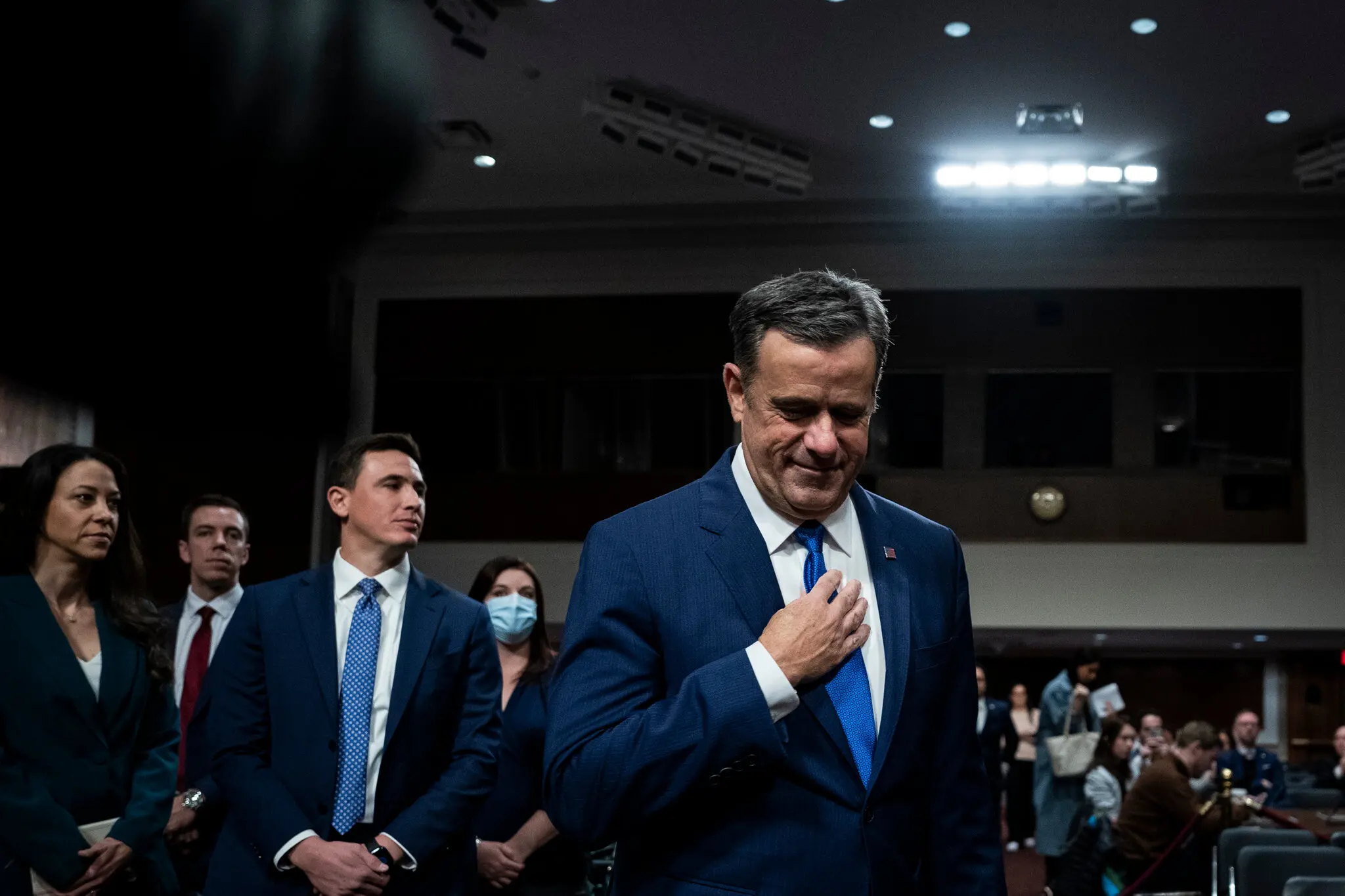Federal Websites Experience Outages Following Directive to Remove ‘Gender Ideology’ Content
Government Directive Leads to Website Disruptions
In late January 2025, the U.S. Office of Personnel Management issued a directive mandating the removal of content related to “gender ideology” from federal websites, contracts, and emails. Agencies were instructed to implement these changes by January 31, 2025.
Impact on Public Health Resources
Following the directive, several public health websites, including those of the Centers for Disease Control and Prevention (CDC) and the National Institutes of Health (NIH), experienced significant disruptions. Key resources, such as the CDC’s Youth Risk Behavior Survey and information on HIV among transgender individuals, were removed or became inaccessible.
Removal of LGBTQ+ References
The directive led to the deletion of references to transgender and LGBTQI+ content across multiple federal platforms. For instance, the State Department’s page for “LGBTQI+ Travelers” was altered to mention only “LGB,” and transgender health-related pages were removed from the CDC’s website.
Legal Challenges Arise
In response to the removal of essential health data, organizations such as Doctors for America filed lawsuits against federal agencies, including the CDC and the Department of Health and Human Services. The suits allege that the deletion of data hampers medical professionals’ ability to access necessary information for patient care.
Concerns Over Censorship and Data Integrity
The directive has sparked debates over censorship and the integrity of public health data. Researchers and health professionals express concern that the removal of information undermines public health efforts and sets a precedent for the politicization of scientific data.
Efforts to Preserve Critical Data
In reaction to the data removals, initiatives have emerged to archive and preserve essential health information. Organizations and academic institutions are collaborating to safeguard data that has been taken offline, recognizing its importance for ongoing research and public health initiatives.
Impact on Federal Health Agencies
The directive has led to significant changes within federal health agencies. Reports indicate that materials promoting gender ideology have been removed from internal and external communications, and some employees have been placed on administrative leave.
Public Backlash and Advocacy
The removal of LGBTQ+ resources has prompted backlash from advocacy groups and the public. Organizations like the Human Rights Campaign have condemned the actions, arguing that they endanger vulnerable populations and undermine decades of progress in public health.
Historical Context of Policy Changes
This directive is part of a broader effort by the administration to reverse policies from previous administrations that recognized gender diversity. The move reflects a significant shift in federal policy regarding gender and public health information.
Implications for Future Federal Policies
The recent actions raise questions about the future direction of federal policies concerning gender and public health. Observers are closely monitoring how these changes will affect public trust in government institutions and the accessibility of health information.
International Reactions to U.S. Policy Shifts
The U.S. government’s removal of gender-related content has attracted international attention. Global health organizations and foreign governments are expressing concern over the potential impacts on international health initiatives and human rights.
Administrative Justifications for Content Removal
The administration defends the directive by citing a commitment to “biological truth” and the elimination of what it terms “gender ideology extremism.” Officials argue that these actions are necessary to maintain scientific integrity and public trust.
Challenges Faced by Federal Employees
Federal employees are navigating the complexities of implementing the directive while maintaining their commitment to public service. Reports suggest that some staff members are experiencing moral and professional dilemmas as they reconcile the directive with their roles.
Potential Long-Term Effects on Public Health
Health experts warn that the removal of critical data could have long-term negative effects on public health initiatives, particularly those aimed at marginalized communities. The absence of accessible information may hinder efforts to address health disparities.
Calls for Policy Reversal and Data Restoration
Advocacy groups and some lawmakers are calling for the reversal of the directive and the restoration of removed data. They argue that access to comprehensive health information is essential for informed decision-making and public well-being.
Comparisons to Previous Administrative Actions
Analysts note similarities between the current directive and previous actions taken during the administration’s first term, suggesting a consistent approach to gender-related policies. These comparisons provide context for understanding the administration’s stance on these issues.
Ongoing Legal and Social Debates
The directive has ignited ongoing legal and social debates about the role of government in regulating information related to gender and health. These discussions are likely to continue as stakeholders assess the impacts of the policy.
Looking Ahead: Monitoring Developments
As the situation evolves, it is crucial to monitor further developments and their implications for public health, policy, and society. Stakeholders are encouraged to stay informed and engaged in the discourse surrounding these significant changes.


































